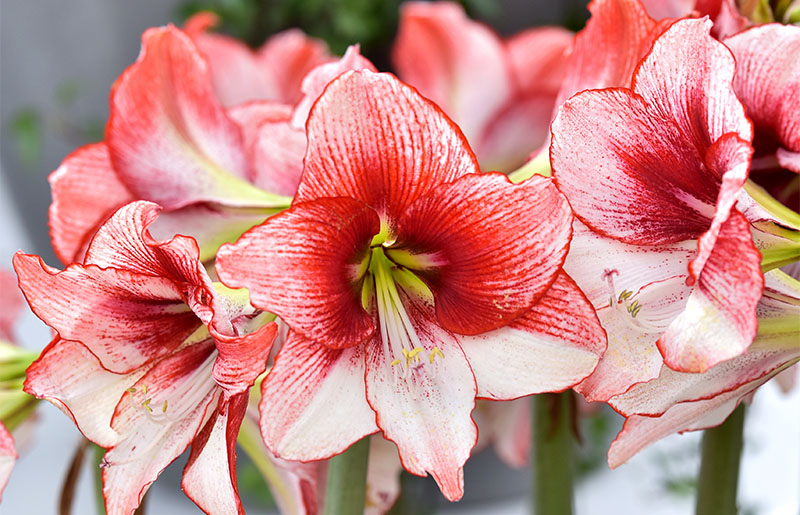
Fort Bend County Master Gardeners Share Essential February Gardening Tips for Fort Bend County Residents
As winter begins to wind down, Fort Bend County residents are encouraged to start preparing their gardens for the upcoming spring season. With February marking a critical time for maintenance, planting, and pruning, the Fort Bend County Master Gardeners, a volunteer organization trained through the Texas A&M AgriLife Extension Service, are sharing their top tips for homeowners to maintain healthy, thriving gardens during this busy month.
Prepare Garden Tools for the Upcoming Mowing Season
Before mowing season begins, it's important to ensure your gardening tools are in top condition. Fort Bend County residents are advised to maintain lawn mowers, trimmers, and hand tools, with many manufacturers offering online guides and videos for DIY maintenance. For those who prefer professional assistance, local repair shops can handle the maintenance.
Get Ready for Spring Planting
While the weather is still cooler, now is the time to start planting certain crops. The average last freeze date in Fort Bend County is February 22nd, making it the perfect time to plant bare-root fruit trees. Home gardeners can also participate in the 2025 Fort Bend Master Gardeners Annual Fruit Tree Sale. For more details on planting fruit trees, residents can refer to Earth-Kind® guidelines to ensure proper care.
Cool Season Vegetables and Sod Installation
Gardeners still have time to plant a final batch of cool-season vegetables, such as carrots, lettuce, and radishes, before temperatures rise. Also, February is an excellent time to install new sod, especially in areas that need a fresh covering. Homeowners should aim to complete sod installation before the heat of the summer sets in.
Mobile Sidebar Ad
Pruning and Mulching Tips
February is an optimal time to prune and maintain many of your plants, including ornamental grasses, roses, and woody salvias. Pruning helps keep plants healthy and encourages better growth. Homeowners should also mulch their gardens to conserve moisture, enhance soil quality, and control weeds.
Keep an Eye on Garden Pests
As warmer weather approaches, insect populations will begin to rise. It’s essential to scout for pests, particularly scale insects and bagworms, and take action accordingly. Using horticultural oil to treat infestations can help protect plants from pest damage. Residents should also look for common rose diseases such as powdery mildew and black spot.
Late Winter Planting for Colorful Gardens
As spring approaches, gardeners in Fort Bend County can start planting colorful flowers such as roses, Carolina Jessamine, and bougainvillea. These plants provide much-needed color during the late winter months and set the stage for a vibrant garden once spring arrives.
Mobile Sidebar Ad
Learn More About Gardening in Fort Bend County
The Fort Bend County Master Gardeners, a volunteer group trained by Texas A&M AgriLife Extension, offers valuable resources to residents by providing research-based horticultural education. They host educational programs, workshops, and events, focusing on sustainable gardening practices, pest control, and plant health. Their mission is to assist the local community in creating beautiful, healthy landscapes through expert guidance and practical advice. To learn more, residents are encouraged to visit the Fort Bend Master Gardeners website for additional gardening tips and information.
By following these expert tips and getting a head start on spring preparations, Fort Bend County residents can ensure their gardens thrive in the coming months.
 Tiffany Krenek has been on the My Neighborhood News team since August 2021. She is passionate about curating and sharing content that enriches the lives of our readers in a personal, meaningful way. A loving mother and wife, Tiffany and her family live in the West Houston/Cypress region.
Tiffany Krenek has been on the My Neighborhood News team since August 2021. She is passionate about curating and sharing content that enriches the lives of our readers in a personal, meaningful way. A loving mother and wife, Tiffany and her family live in the West Houston/Cypress region.






